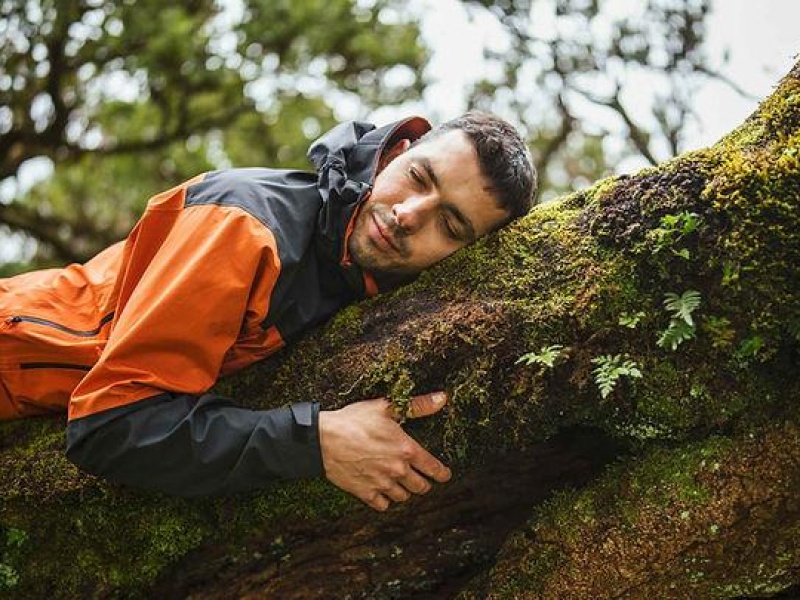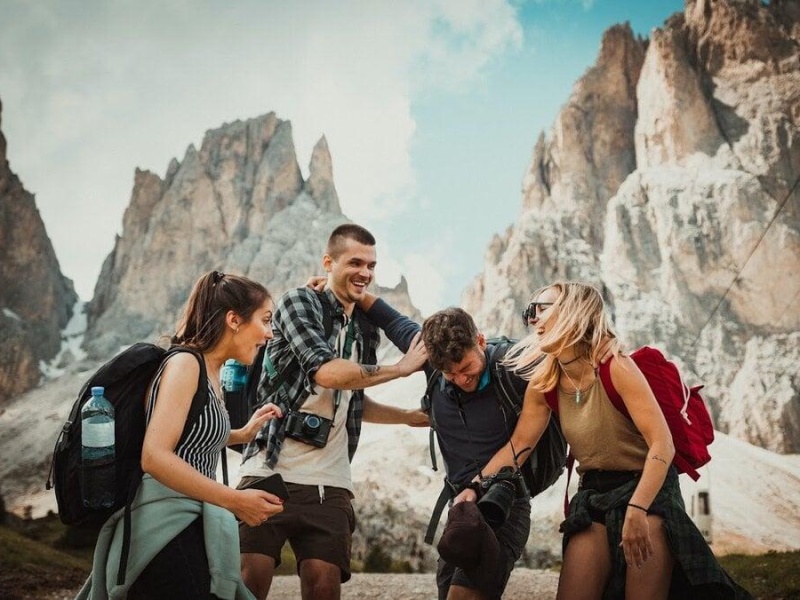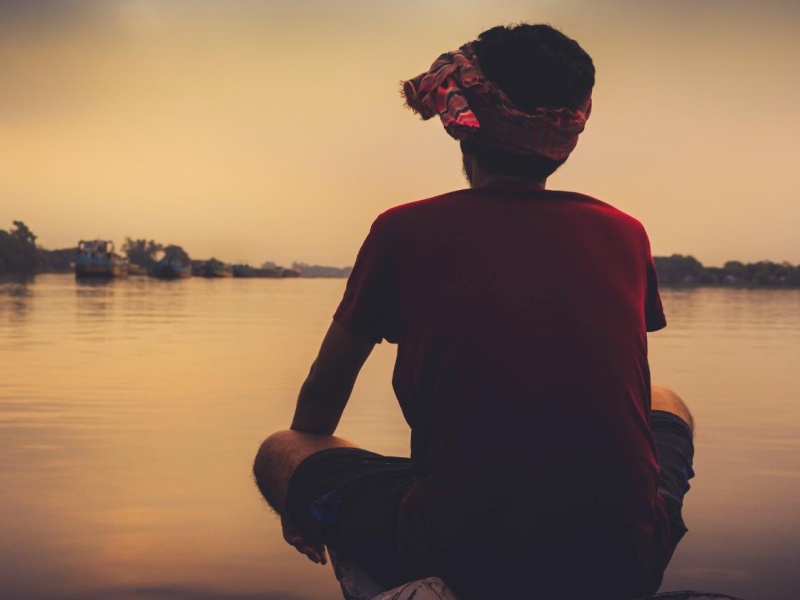Planning Your Nutrition on the Go
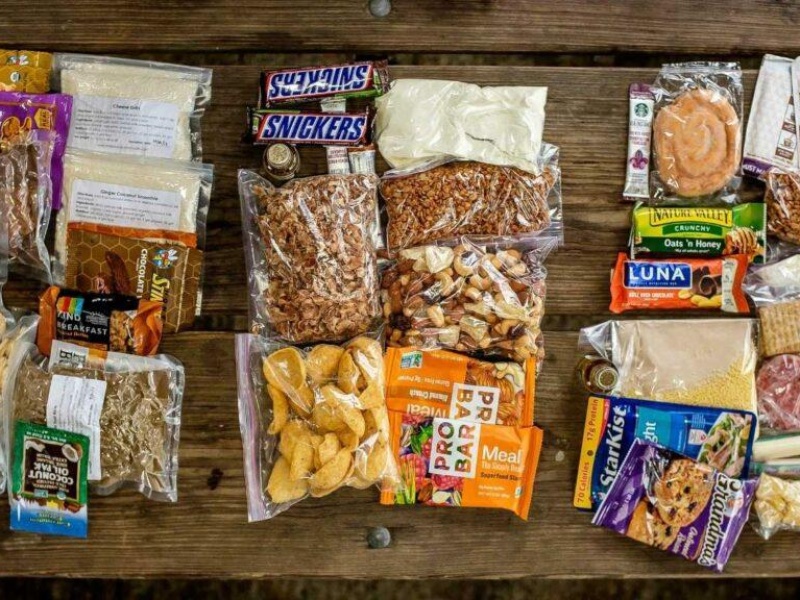
When backpacking long-term, maintaining a balanced diet is crucial for staying healthy and energized. Unlike at home, where you have easy access to a variety of foods, on the road, you need to plan ahead. Start by researching the local cuisine of your destinations. Many places offer fresh, local produce that can be both nutritious and affordable. Pack lightweight, non-perishable items like nuts, dried fruits, and whole-grain crackers to ensure you have healthy snacks readily available. Additionally, consider carrying a portable stove and lightweight cookware to prepare simple, nutritious meals. Hydration is equally important; always carry a reusable water bottle and consider a water purification system to ensure safe drinking water wherever you go.
Staying Active While Traveling
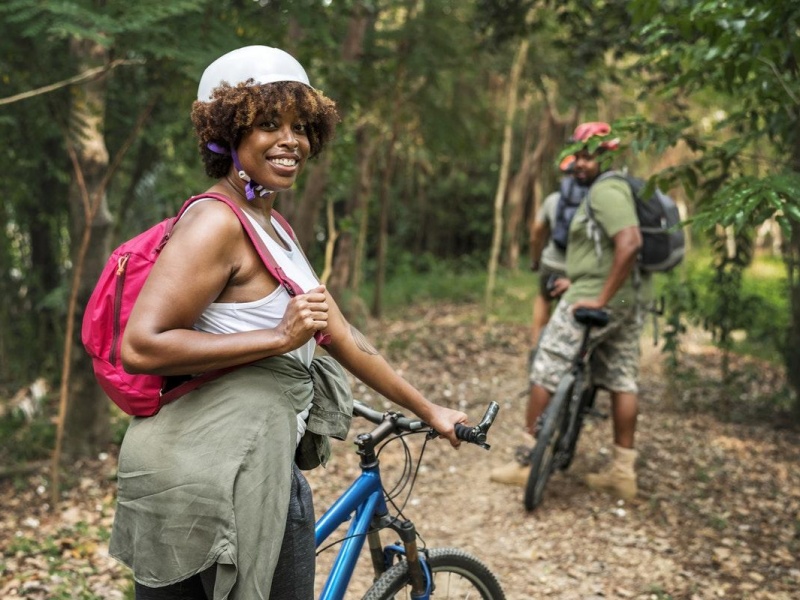
Backpacking inherently involves a lot of walking, but staying fit requires more than just trekking from one place to another. Incorporate a variety of physical activities into your routine to keep your body engaged. Hiking, cycling, and swimming are excellent ways to explore your surroundings while staying active. Many hostels and cities offer free or low-cost fitness classes, such as yoga or dance, which can be a fun way to meet other travelers. If you prefer solo workouts, bodyweight exercises like push-ups, squats, and planks can be done anywhere without any equipment. Remember to listen to your body and rest when needed, especially after long days of travel or strenuous activities.
Prioritizing Mental Health
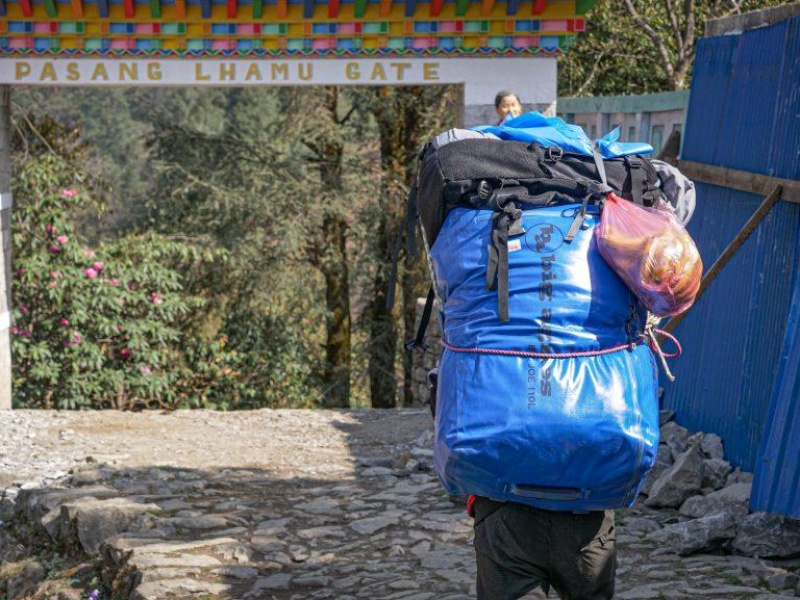
Long-term backpacking can be as mentally challenging as it is physically demanding. The constant change of environment, lack of routine, and occasional loneliness can take a toll on your mental health. To stay mentally fit, establish a daily routine that includes time for relaxation and reflection. Journaling can be a great way to process your experiences and emotions. Mindfulness practices, such as meditation or deep breathing exercises, can help reduce stress and improve focus. Stay connected with loved ones through regular communication, even if it’s just a quick message or call. Lastly, don’t hesitate to seek professional help if you’re struggling; many online services offer counseling for travelers.
Managing Sleep and Rest
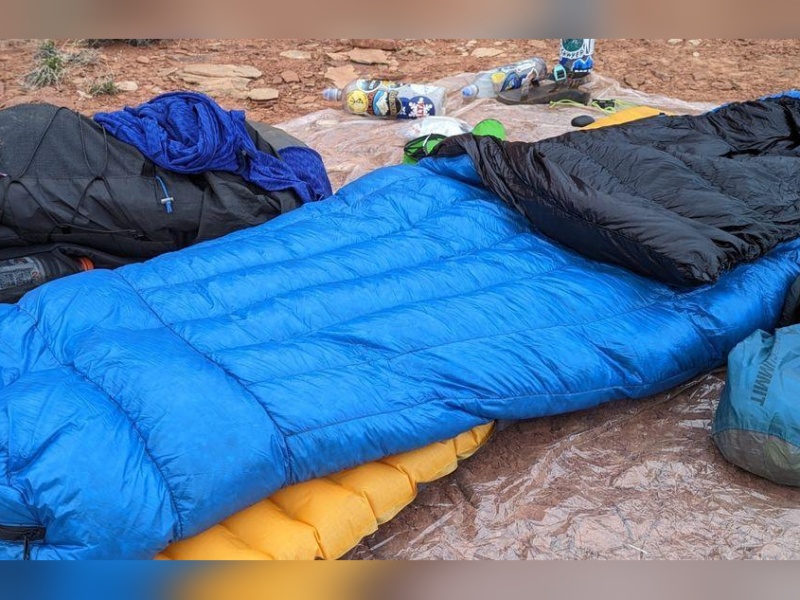
Quality sleep is essential for maintaining your health and energy levels while backpacking. However, sleeping in unfamiliar environments, such as hostels or overnight buses, can be challenging. Invest in a good quality sleeping bag and earplugs to improve your sleep conditions. Try to maintain a consistent sleep schedule, even if your travel plans are unpredictable. If you’re crossing time zones, give your body time to adjust and avoid overloading your schedule in the first few days. Napping can be a helpful way to catch up on rest, but keep naps short to avoid disrupting your nighttime sleep. Remember, rest days are just as important as active days; don’t feel guilty about taking a day off to recharge.
Packing Smart for Health and Fitness
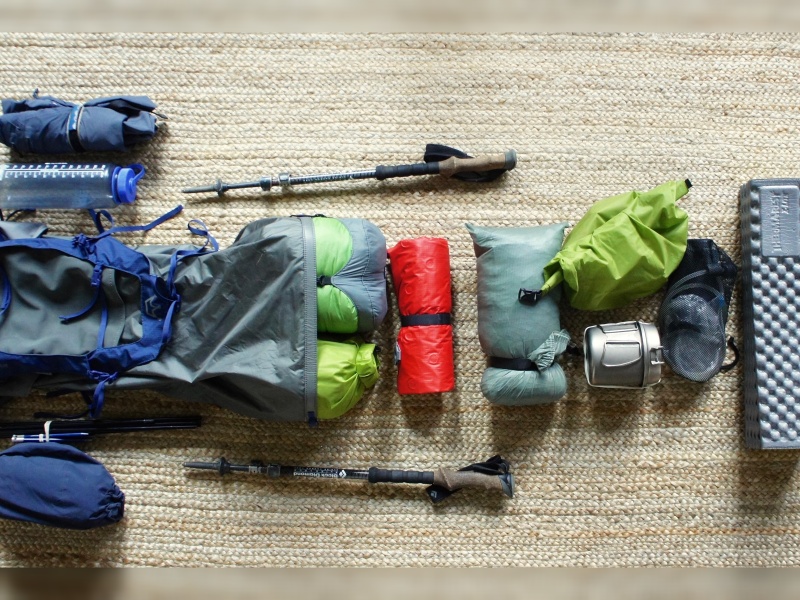
What you pack can significantly impact your ability to stay healthy and fit while backpacking. Start with a sturdy, comfortable backpack that distributes weight evenly to avoid strain. Pack versatile clothing that can be layered for different climates and activities. Don’t forget essential health items like a first aid kit, sunscreen, and insect repellent. For fitness, consider lightweight, portable equipment such as resistance bands or a jump rope. A travel yoga mat can also be a great addition if you enjoy yoga or stretching. Remember, the key is to pack light but smart; prioritize items that serve multiple purposes and contribute to your overall well-being.
Navigating Health Risks Abroad
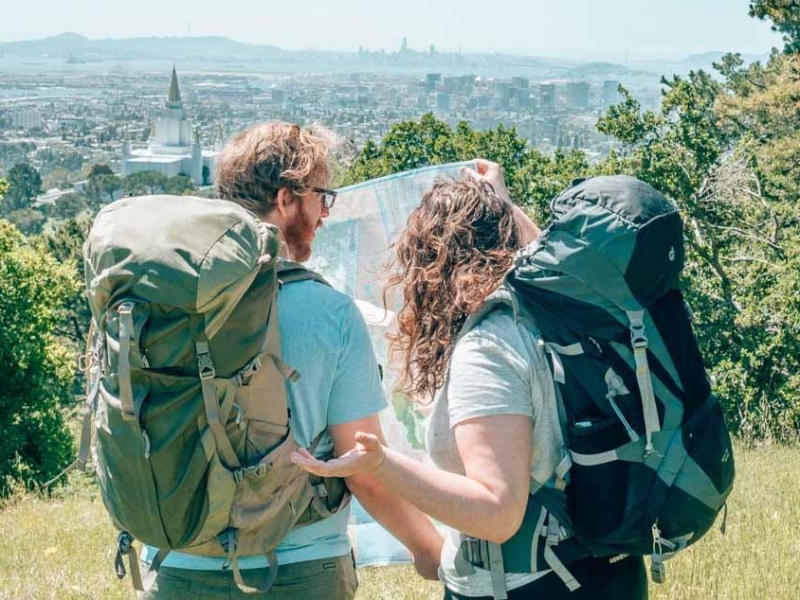
Traveling to new places exposes you to different health risks, from foodborne illnesses to infectious diseases. Before you go, research the health risks specific to your destinations and ensure you’re up-to-date on vaccinations. Carry a basic first aid kit with essentials like bandages, antiseptic wipes, and any personal medications. Be cautious with food and water; stick to bottled or purified water and avoid street food that looks undercooked or unsanitary. In case of illness, know where to find medical help, whether it’s a local clinic or your embassy. Travel insurance with health coverage is a must; it can save you from hefty medical bills and provide peace of mind.
Building a Supportive Travel Community
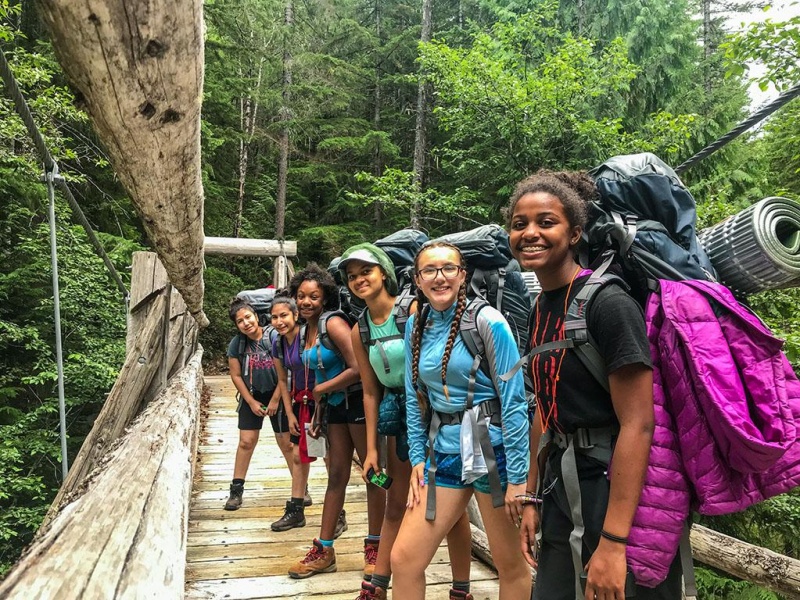
Traveling long-term doesn’t mean you have to do it alone. Building a supportive community of fellow travelers can enhance your experience and help you stay healthy. Join online forums or social media groups for backpackers to share tips and advice. Attend local meetups or events to connect with like-minded individuals. Having a travel buddy can also provide motivation for staying active and making healthy choices. Additionally, don’t underestimate the value of local connections; locals can offer insights into the best places to eat, exercise, and relax. A strong support network can make a significant difference in your overall well-being while on the road.
Key Takeaways
Staying healthy and fit while backpacking long-term requires a combination of planning, adaptability, and self-care. Prioritize nutrition by choosing fresh, local foods and packing healthy snacks. Stay active by incorporating a variety of physical activities into your routine. Don’t neglect your mental health; establish routines, practice mindfulness, and stay connected with loved ones. Ensure you get quality sleep and rest to recharge your body. Pack smart, focusing on versatile and essential items. Be aware of health risks and take precautions to stay safe. Finally, build a supportive travel community to enhance your experience and well-being. By following these tips, you can enjoy your backpacking adventure while maintaining your health and fitness.
Frequently Asked Questions
Q: How can I maintain a balanced diet while backpacking?
A: Research local cuisine, pack healthy snacks, and consider carrying a portable stove for cooking simple meals. Stay hydrated by carrying a reusable water bottle and using a water purification system.
Q: What are some easy ways to stay active while traveling?
A: Incorporate activities like hiking, cycling, and swimming into your travel plans. Use bodyweight exercises like push-ups and squats for quick workouts, and take advantage of local fitness classes or yoga sessions.
Q: How can I manage my mental health while backpacking?
A: Establish a daily routine, practice mindfulness, and stay connected with loved ones. Journaling and seeking professional help when needed can also support your mental well-being.
Q: What should I pack to stay healthy and fit?
A: Pack versatile clothing, a first aid kit, sunscreen, and insect repellent. Consider lightweight fitness equipment like resistance bands or a travel yoga mat to stay active on the go.
